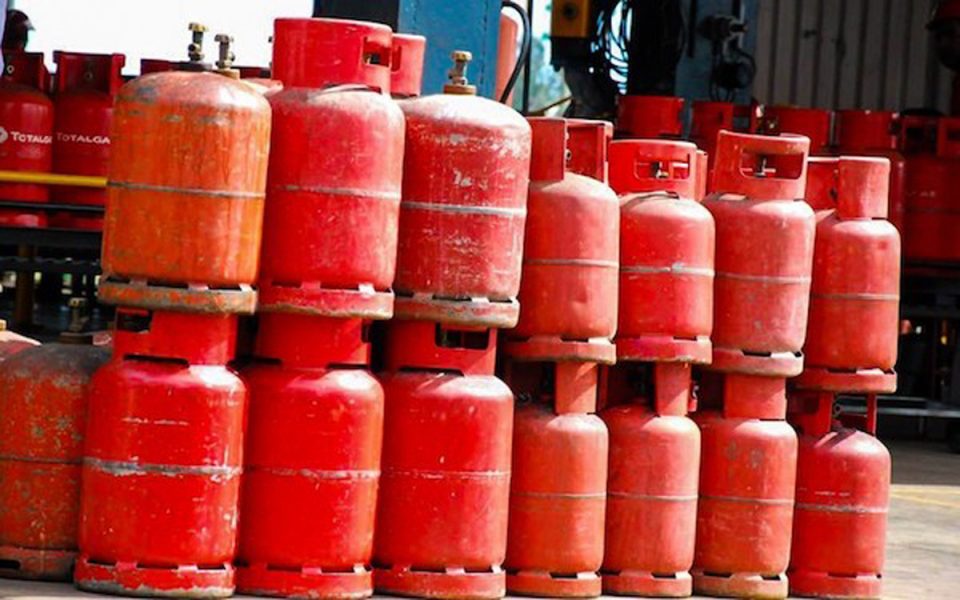The Federal Government says its cylinder recirculation model is aimed at improving safety and reducing cost, in order to increase usage of Liquefied Petroleum Gas (LPG), also known as cooking gas, in the country.
Ms Brenda Ataga, Project Coordinator/ Manager LPG, National Gas Expansion Programme, Office of the Minister of State for Petroleum, made the assertion on Tuesday during a webinar on Nigeria LPG Assembly.
The webinar was organised by Oil Trading Logistics (OTL Downstream Africa) to discuss how government and stakeholders could harness Nigeria’s gas opportunities Post-COVID -19.
Ataga said the model which was announced by the Minister of State for Petroleum, Mr Timipre Sylva, was part of the strategic framework for the implementation of the National Gas Policy.
She said: “Government has taken a position that to increase the acceptability concept of the LPG, they will introduce into the market, the model known as the cylinder recirculation model.
“This is because they want to eliminate the bulk cost of switching from kerosene and fossil fuel to LPG.
“So, the intention is to break that barrier with LPG cost, to make sure that the bulk cost to the end users who require switching is affordable.
“For most people, cost is a real issue. For most people, safety is a real issue, and that is what is being addressed by this strategy that was announced,” Ataga said.
Also, Mr Dayo Adeshina, Programme Manager, National LPG Expansion and Implementation Plan, Office of the Vice President, noted that LPG penetration in Nigeria was still at five per cent.
Adeshina said Nigeria made a lot of progress in LPG consumption from about 70, 000MTPA in 2007 to over a million MT in 2019.
According to him, 60 per cent of the population use firewood for cooking, 30 per cent use kerosene, five per cent use charcoal while five per cent use LPG.
Adeshina said apart from household consumption, the government was also moving to increase LPG usage in areas such as agriculture, transportation and manufacturing
He said this would enable Nigeria to reduce CO2 emission by about 20 per cent and create about 450,000 direct jobs.
Adeshina noted that actualising the target would require infrastructure development, including establishment of 3,000 LPG plants, procurement of 10,000 trucks, 5,000 Bridgers as well as additional skids.
Mrs Audrey Joe-Ezigbo, President, Nigeria Gas Association, said increasing domestic utilisation of LPG was a difficult challenge that required collaboration between government, its agencies and the private investors.
She said LPG was one of the agents of economic transformation, stressing that this could be achieved through a broad LPG policy that protected investment in the sector.
Mr Nuhu Yakubu, President, Nigeria LPG Association, said the proper implementation of the National Gas Transportation Network Code (NGTNC) would help Nigeria realise its gas potential.
Yakubu said that transportation played a major part in deciding the price of LPG in Nigeria, hence cheaper transportation would translate to cheaper LPG, which would encourage more patronage.
He also called for increase in domestic supply of LPG to the domestic market from the Nigeria Liquefied Natural Gas Company and other oil majors in the country to meet rising demand of the product.
On his part, Mr Michael Kelly, Deputy Managing Director, World LPG Association (WLPGA) said the organisation would continue to support Nigeria’s efforts to deepen LPG penetration.
Kelly said achieving the objective required clear government regulations and enforcement of such regulations, as well as provision of infrastructure to encourage investments in the sector.




